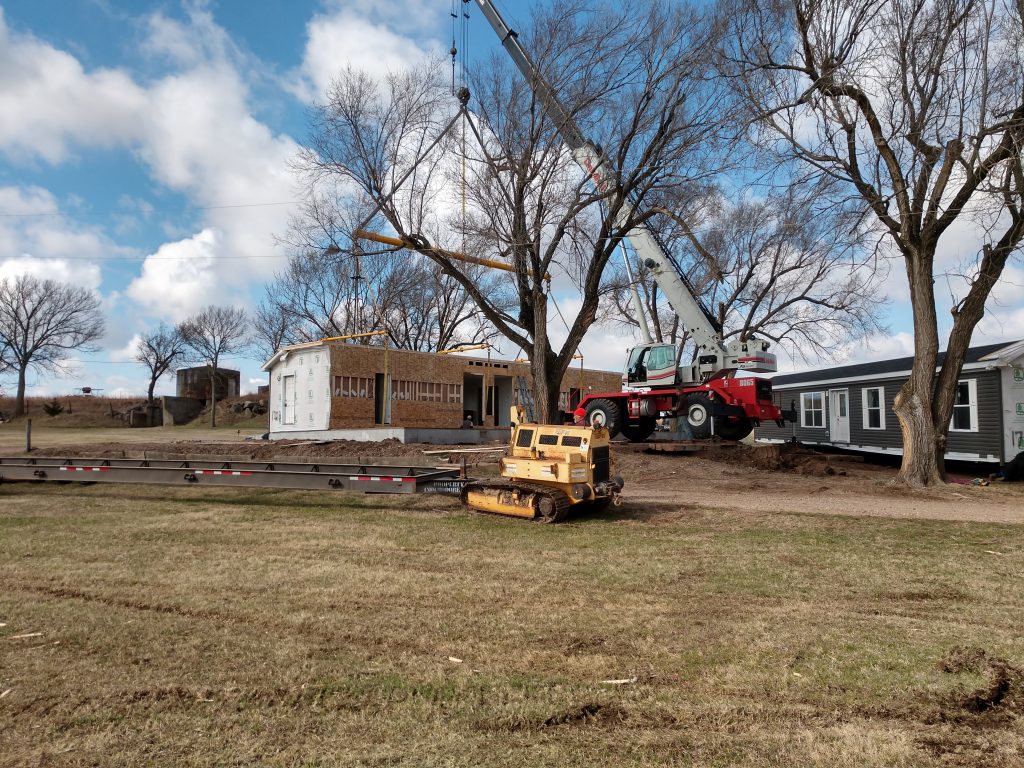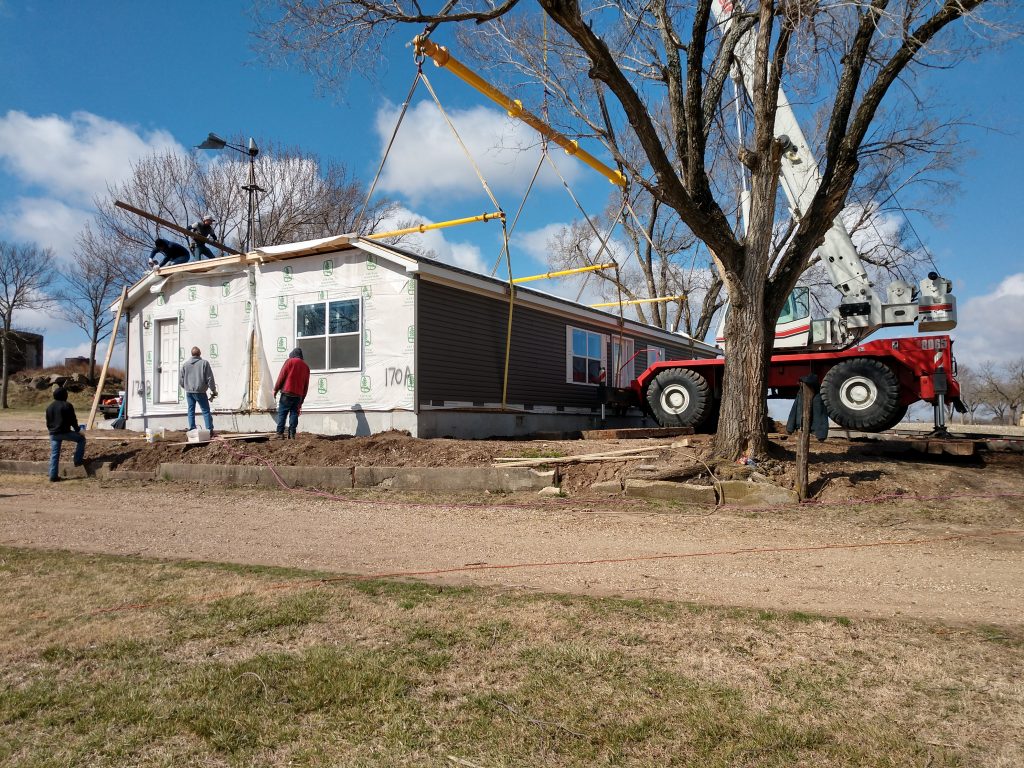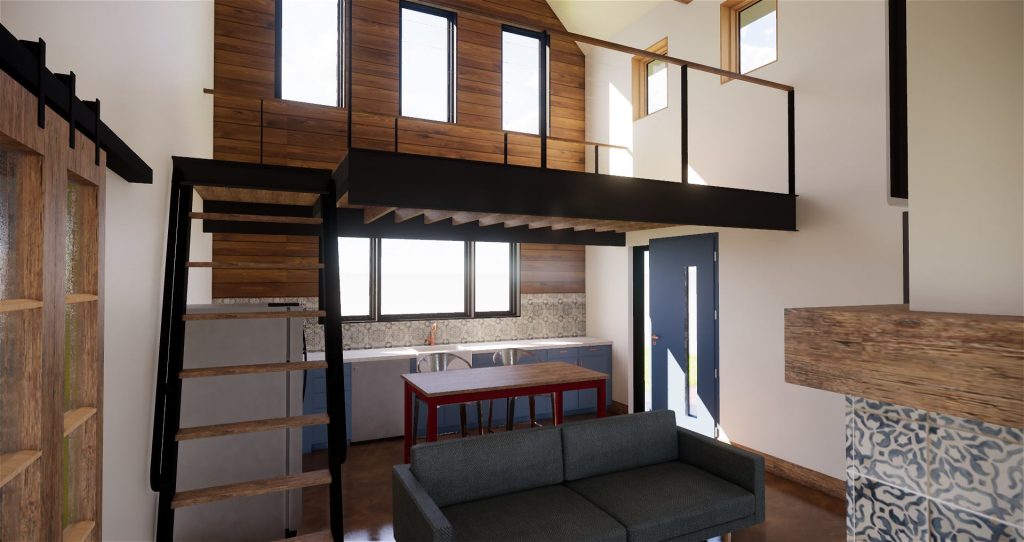We Are Living in The Grace Period
According to Wikipedia, a grace period is a period where a penalty or other action is waived after a deadline or an obligation has passed. This can apply to the starting of a new job, paying a bill, a rental agreement or the meeting of a legal requirement. All of us have experienced the benefits of a grace period.
In Luke 13:6-9 Jesus tells a story about a man who planted a fig tree. After three years the tree had not produced any fruit. The man told his gardener to cut it down. The gardener asked the owner to give the tree one more year. He would work the soil around tree and fertilize it. Then if in another year it still isn’t producing any fruit it will be cut down. This was the tree’s grace period.

Many of us go through life, just like this fig tree, doing nothing and wasting our talents. Too many times we don’t believe that we have what it takes. We think that for something to be valuable, it has to be fabulous and incredible. This isn’t the case. If we all would do the little things that we have the chance to do, the accumulated result will be amazing.
We need to do what we can, where we can, whenever we can.

Too often we hide our gifts afraid that we might make a mistake. Jesus shows us how wrong it is to waste our talents in the story of the three servants, Matthew 25:14-30. In this scripture a wealthy man gives three servants varying amounts of gold (some versions refer to this as talents) to care for and use while he is gone. When he returns two of the three have used their gold (talents) wisely. They are rewarded for this. The third hid his, so the wealthy man took it away and threw the man out into the street. There is a price for not using the gifts we have been given.
Every day is full of opportunities to use our gifts to help others by:
- Providing a service or product through our vocation
- Listening to others
- Getting involved in ministries
- Treating people with respect
- Loving our family and friends
- Smiling at someone
- Teaching and leading
- Saying a kind word
- Donating goods, services and money
- Opening a door
- Saying thank you
- Saying you’re welcome
God has given each of us a purpose. He expects us to use the talents we have been given to fulfill this purpose. As long as we are alive, we should work to accomplish His plans. Each of us is living in the grace period.

Choosing to do nothing with our gifts is the worst thing we can do.










































